Top Open Source Home Automation Software
The advantages of open source software are numerous, and it’s encouraging to see so many home automation platforms providing completely free and functional software to Internet of Things enthusiasts all over the world. The creators of these home automation platforms have worked hard to create a solid codebase from which you can build your own solution, but is open source good enough? Is it able to achieve its “open” goal, or is it falling short?
A good solution, like most other software platforms, requires a strong community to support and improve it. That’s why we’ve compiled a whopping open source home automation platforms that we think are most interesting in the landscape of IoT.
The platforms aren’t ranked by popularity or market share. They’re arranged in a way that allows us to tell a story about the communities that support these platforms and why having a solid foundation is so vital when picking an open source solution. We have no preference for any of the platforms.
- OpenHAB – empowering the smart home
- Home Assistant – Awaken your home
- OpenMotics
- Jeedom – Innovative Home Automation
- ioBroker – Automate your life
- AGO Control
- Domoticz
- FHEM
- Calaos
- Pimatic
- Homebridge.io
- Smarthomatic
- EventGhost
- MyController
- PiDome
- HomeGenie
OpenHAB
We can’t begin this list without mentioning openHAB, one of the open source community’s most powerful actors. OpenHAB is constantly expanding upon its initial offering, with nearly half a million postings on its forums and 33,000 users. Over 1500 devices from Sony, Pioneer, LG, Samsung, and other manufacturers are compatible with the platform. openHAB is open-source software that may be downloaded locally and used on any operating system. Cloud servers are unnecessary.

Home Assistant
Home Assistant is a strong player in the open source home automation ecosystem, with a platform that prioritizes local control and privacy over anything else. Home Assistant is similar to openHAB in that it has a similar objective of integrating as many devices as possible into a single free-to-use platform. Home Assistant is perhaps the most adaptable of all the platforms for developers, so you should give it a shot.
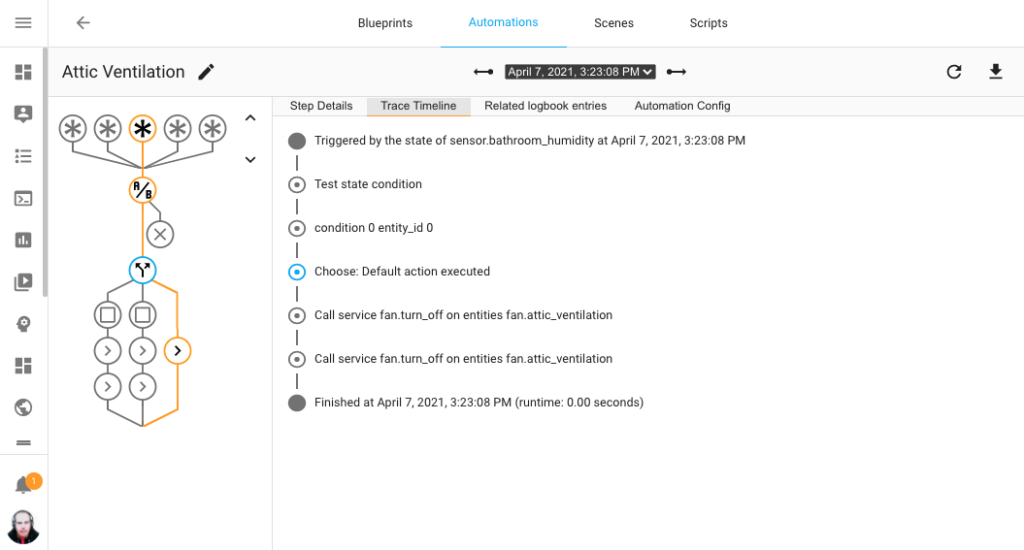
OpenMotics
OpenMotics takes an unusual approach to open source. OpenMotics offers unique modules designed exclusively for their software suite in order to make their solution as smooth and practical as feasible. For convenience, these can be purchased through their online store, but they can also be entirely replicated using the original schematics and bill of materials. Sure, it’s not as simple as picking up an Arduino or a Raspberry Pi, but we believe it’s a fantastic idea to think about.
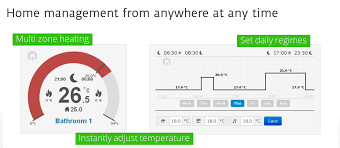
Jeedom
Jeedom is a fantastic home automation alternative that is limited by its language. The majority of the Jeedom community is French, and even though the website is in English, the community guidelines and forums are all in French. Jeedom provides documentation in a variety of languages, including English, Spanish, and German. However, compared to home automation platforms like openHAB and Home Assistant, it may be more difficult to grasp.

ioBroker
ioBroker first arrived on the open source home automation scene in early 2017, but it quickly became one of the game’s fastest growing communities. ioBroker is a solid proposition that offers approximately 300 integrations and has over 21,000 users ready to contribute. That’s fantastic, especially because the software is entirely free.
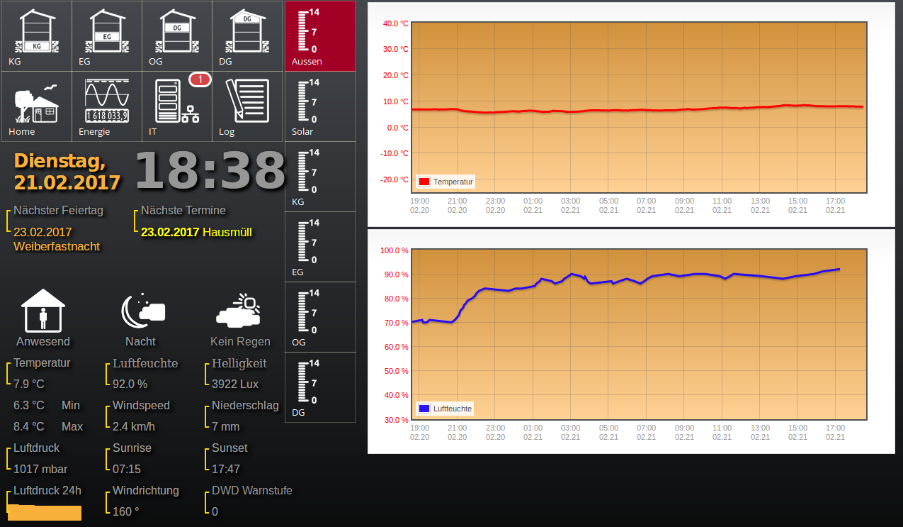
AGO Control
AGO Control is a simple open source dashboard that lets you control and automate your devices more quickly than any other platform. Its simplicity is its strength. AGO Control is a home automation framework that allows you to link anything inside and outside the house. The protocol’s minimal weight makes it readable by both machines and humans… Nice!

Domoticz
Domoticz is difficult to dislike because it provides all you require without asking for much in return. You may get step-by-step instructions for installing and applying the software on their website. Better yet, the community is really active! There are numerous blogs on how to use plugins and devices at the time of writing this article. This is exactly what an open source platform like Domoticz requires, and it’s the ideal learning aid for students.
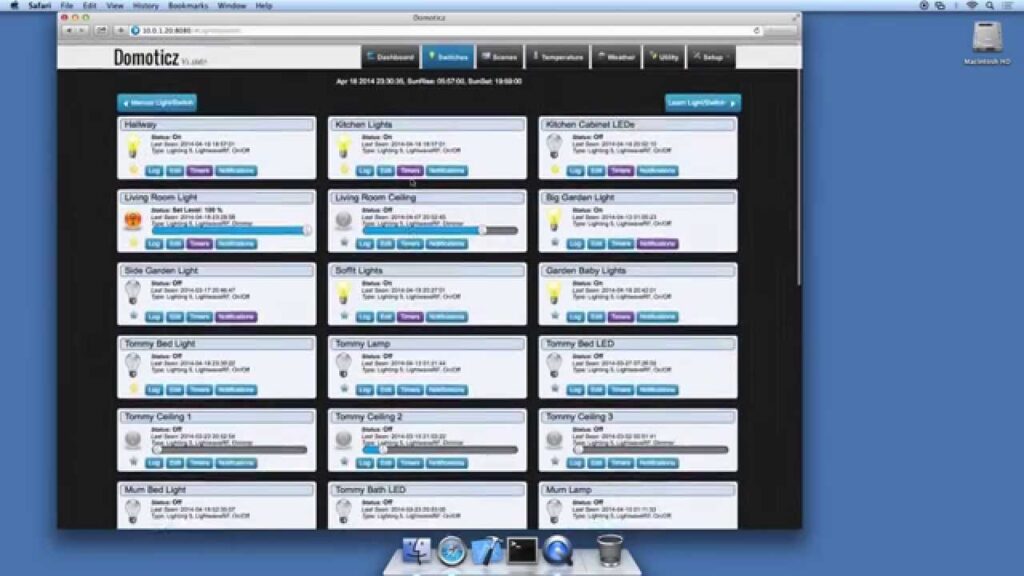
FHEM
In the realm of home automation, FHEM is well-known. It’s an open source (GPL) perl server for automating typical household operations like turning on and off lights, adjusting heating, and more. FHEM supports the majority of home automation protocols, and the documentation is excellent… if you can locate what you’re looking for. FHEM is still a decent alternative for aficionados, despite its clumsy interface and the occasional appearance of German.
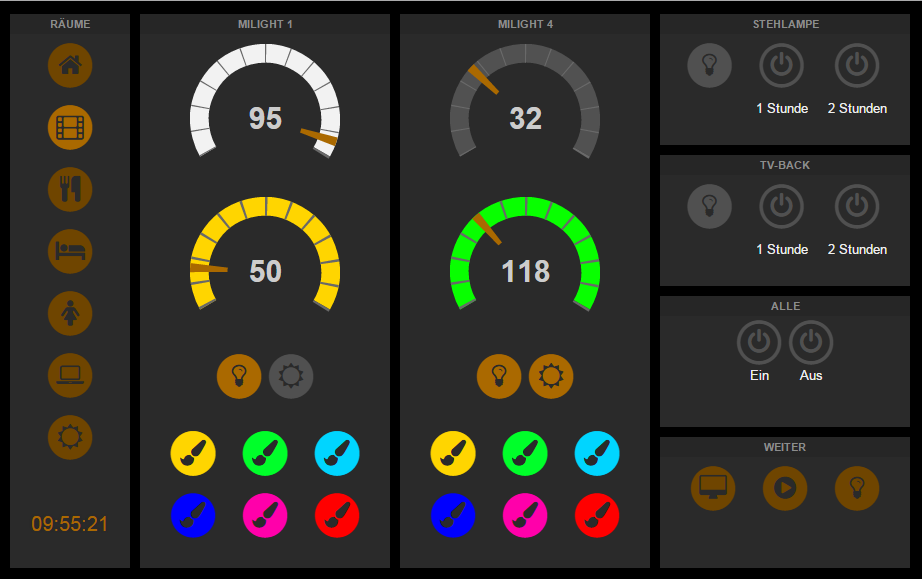
Calaos
Calaos, another French player, is an open source home automation platform with a sizable community behind it. The forum isn’t as busy as Domoticz’s, but it’s adequate for learning more about the software’s features. Calaos is intriguing since it provides a whole suite of programmes that can be used on a variety of platforms, including the web, Android, iOS, Linux, and more. The manual also shows you how to set up everything yourself.
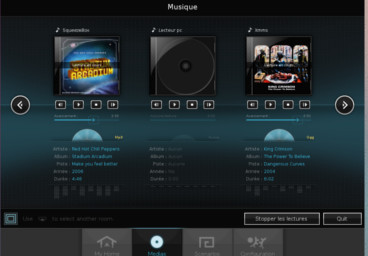
Pimatic
Pimatic is a hardware-independent home automation framework that can be expanded with over 70 plugins. Pimatic, like many other frameworks in this field, is based on Node.js. This framework’s main aim is flexibility: it can be picked up quickly and “easy.” You can quickly automate chores by connecting your home gadgets and setting conditional conditions thanks to the built-in functionality.
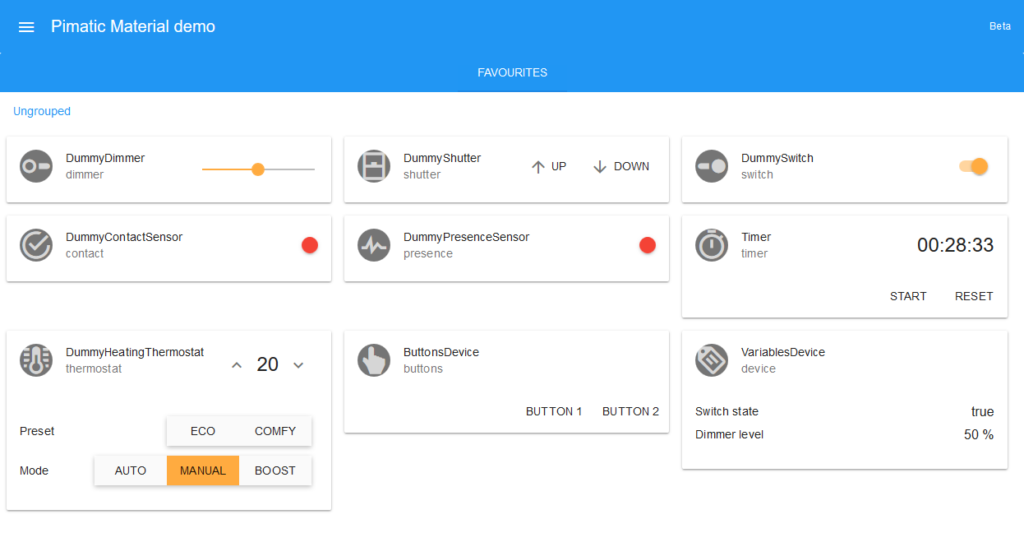
Homebridge.io
Homebridge is a NodeJS server that mimics the iOS HomeKit API. This implies that once installed on a low-power machine (such as the Raspberry Pi), it will be able to handle the same Siri requests as your iOS device. Because of the innumerable gadgets that couldn’t connect to the Apple ecosystem, the original contributors to this project came up with the idea of combining the best of both home automation and open source initiatives.
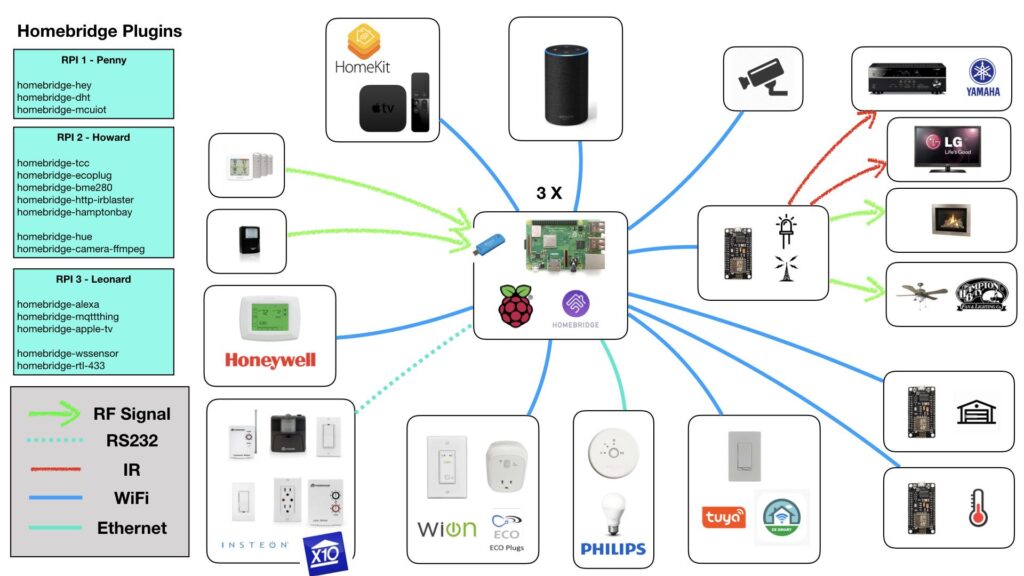
Smarthomatic
It’s a group effort. Smarthomatic is how Uwe Freese describes it. Uwe created the framework after years of personal and professional experience with microcontrollers. He began putting many of the ideas he acquired on a daily basis together because he was so close to the field of home automation. And, while it isn’t the most comprehensive platform available, this open source solution is intriguing because it was designed particularly for home tasks rather than anything else.
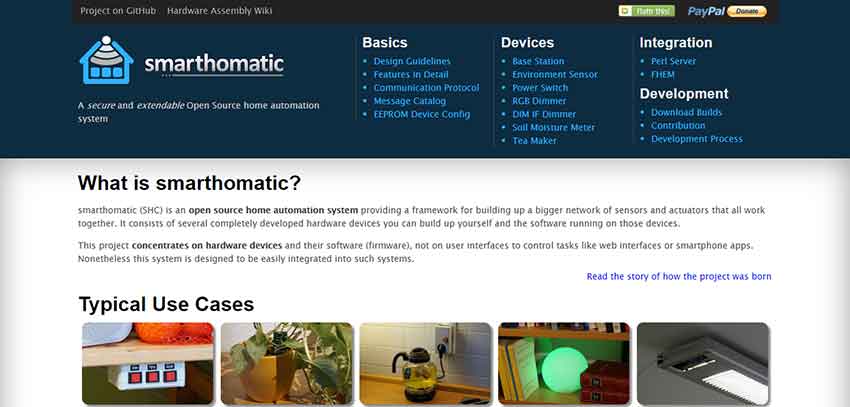
EventGhost
Many people in the community utilise EventGhost, a popular home automation tool for Windows, to automate simple chores. You can establish so-called sets of tasks, which are similar to automation tracks that your devices follow, using this simple framework. Want to use an Xbox controller to open your garage door? Please proceed. We were astounded to discover how active the community is.
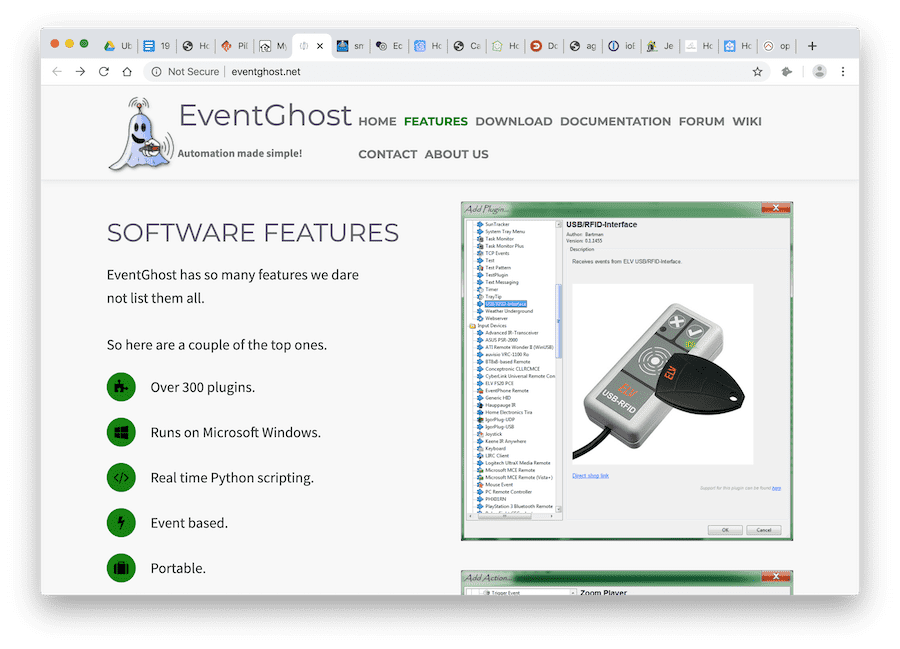
MyController
MyController is an open source server that allows you to control home or office devices using limited resources (first generation Raspberry Pi and other low-performance boards). Because MyController is so small, it can fit on almost any device and is a versatile solution for hackers. Because the platform is built on Java, it can only be used on operating systems that support it. Unfortunately, the functionality as well as the community are both outdated.
PiDome
PiDome is home automation software created exclusively for the Raspberry Pi, as the name suggests. The platform offers a fair balance of advanced functionality for power users and a beginner-style dashboard to enable individuals new to home automation understand the various concepts. PiDome is being rewritten at the moment, and the current version is a little obsolete.
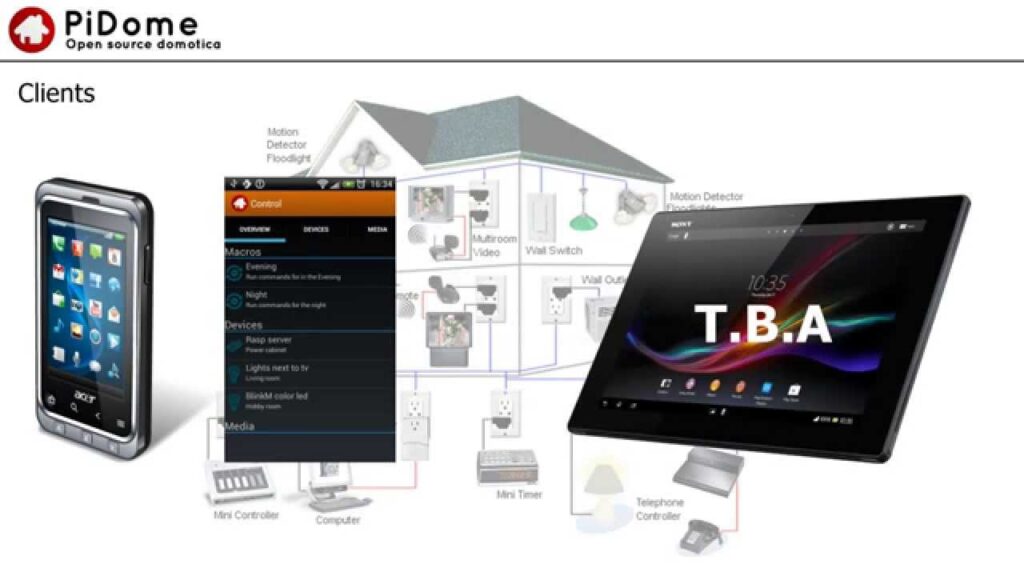
HomeGenie
The market for home automation servers is huge. HomeGenie is another another open source platform that claims to provide one of the best user experiences available. HomeGenie is an intriguing offer, with a full web-based dashboard and a few integrations to work with. Is there, however, a strong enough community to back it up? Unfortunately, it appears that this is not the case. There are no forums or other locations where users can come together and exchange their knowledge on the software package.
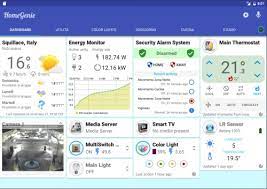















[…] Assistant is an open-source home automation platform that allows users to automate and control various smart devices in their homes. It is […]